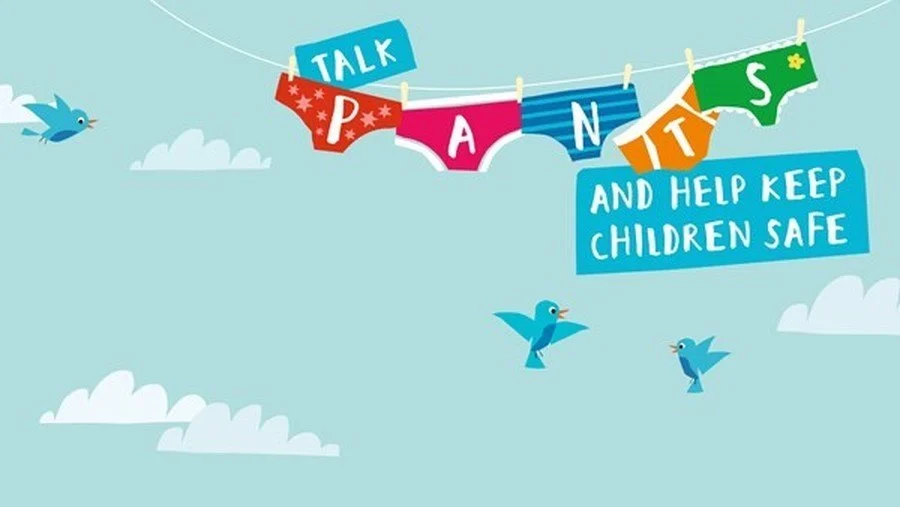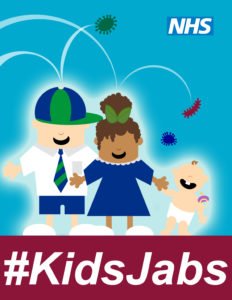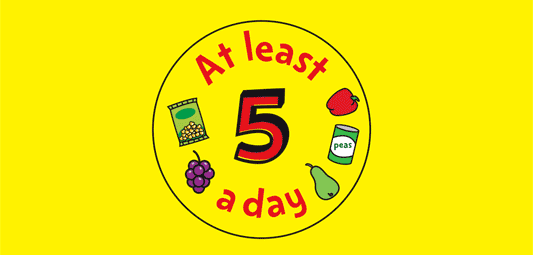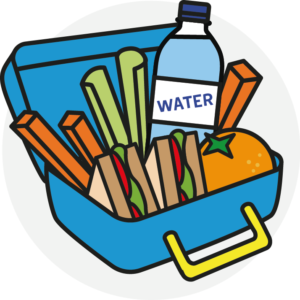Health & Wellbeing
Our Health and Wellbeing section provides information on how to care for yourself for both children and parents.
Learning in Health and Wellbeing ensures that children and young people develop the knowledge, understanding and skills which they need now and in the future.
At Hatherley Infant School we believe that embedding Health and Wellbeing across learning, whether this takes place within the school or other learning environments, at home or in the wider community is crucial to healthy development and lifestyles.
The aspects of Health and Wellbeing which are the responsibility of all are:
- Mental health and emotional wellbeing
- Social wellbeing
- Physical wellbeing
- Planning for choices and changes
- Features of relationships
- Physical activity and sport.
Alongside acquiring the essential skills of English and Mathematics, the development of skills and knowledge in Health and Wellbeing sits at the very centre of all learners’ experiences. The development of knowledge and skills embedded within Health and Wellbeing are central to healthy development, rewarding and fulfilling lifestyles across the life stages, and the employability prospects of learners. They have the potential to impact positively on the development of self-belief, self-efficacy and on the attitudes and dispositions that will help towards their futures.
Sleep!
Sleep is very important to a child’s wellbeing. There’s no set amount of sleep that all children of a particular age need, but the NHS have a guide to the approximate hours of sleep they should aim for.
| Age | Night time sleep |
|---|---|
| 4 years | 11 hours, 30 minutes |
| 5 years | 11 hours |
| 6 years | 10 hours, 45 minutes |
| 7 years | 10 hours, 30 minutes |
Evidence shows that night time sleep is just as important as healthy eating and exercise for children to develop.
Please help your child to do their best at school by ensuring they get enough sleep.
#KidsJabs – Promoting the importance of childhood vaccination
Is your child protected? New campaign reminds parents of the importance of childhood vaccinations
During World Immunisation Awareness Week, the NHS is reminding parents and carers of the importance of vaccinating their child against a host of serious diseases.
The vaccination jabs which children receive in their early years – between birth and when they first go to school – are very important in helping them build protection against infections such as meningitis, diphtheria, polio, measles and mumps.
These diseases are in circulation and an infection can cause serious complications, particularly for a child. But it is not only the child who is protected, vaccination programmes protect the whole population by making it harder for a disease to spread to others.
It is particularly important that children are fully up-to-date with all their jabs before they start school for the first time, which is when they come into contact with more potential sources of infection.
The vast majority of parents do ensure their child has been fully protected, but there are many children who are missing doses and are therefore at risk.
More information is available on the NHS Choices website, and if in any doubt that your child is missing important vaccinations you should speak to your GP.
Play your part and help spread the message to family and friends and help to ensure children are fully protected.
Healthy Eating
Healthy Breakfast!
Getting the best start to the day by having a good breakfast is an important part of being healthy. Eating breakfast gives us the energy we need until lunchtime and for young children it is especially important to have breakfast as children find it difficult to concentrate on their learning without breakfast.
Please click on this link for the Good Breakfast Guide.
Be Sugar Smart!
We’re all having too much sugar. Our children might seem fine on the outside, but too much sugar can cause tooth decay and lead to the build up of harmful fat on the inside that we can’t see. This fat around their vital organs can cause serious disease in the future, like:
- Weight gain
- Type 2 diabetes
- Heart disease
- Some cancers
Be sugar smart and find out about sugar shockers on the Change 4 Life website.
5 A DAY – tips for getting five portions of fruit and veg each day
Fruit and veg are a source of vitamins, minerals and fibre which may help reduce the risk of diseases like heart disease and some cancers. We all know that it’s important for us to eat a variety of at least five portions of fruit and veg each day, but how many of us actually manage it? Children all get a piece of fresh fruit or veg every day through the government fresh fruit and veg scheme.
Luckily, it can be easier than you think to get your 5 A DAY. The great thing is that you don’t need to make a big change to your diet or do without the foods you love. In school we take part in the National Fruit in Schools Scheme where every child in school has a piece of fruit as a snack each day. Children are encouraged to eat the fruit provided and to drink milk or water.
Healthy Lunchboxes
We have our own school guidance on how to prepare a healthy lunchbox or you can follow the link to the Change for Life website for lunchbox ideas.
Online Safety
This is the digital age! Young people and children are using technology at home and at school. They use computers, sometimes mobile phones, video games consoles etc., as part of their everyday lives. They often seem ‘expert’ compared to parents!
But, children and young people do not have the ‘life experience’ of adults and need your support. You can provide this by talking to your child about what they are doing with technology and how to keep safe online.
We have Acceptable Users agreements which children need to adhere to when using computers in school. This should also help children to remember how to stay safe online when they are at home.
Useful links for parents
Think you Know – a guide to internet safety and a link to an internet site which helps children learn about internet safety, protecting your child online using Hector’s World.
ParentInfo.org
ParentInfo.org is a great new Parent Zone resource which can help parents understand the latest trends in Social Media and most importantly how to stay safe with real examples and methods to change the default privacy settings on the most popular apps and websites:
Digital Parenting – Vodafone
helping your family live a happy and safe digital life
Internet Matters
helping parents keep their children safe online
National Online Safety
Regular news updates on how to keep your child safe online. This now includes use of House Party.
Has someone done something online that has made you or a child or young person you know, feel worried or unsafe? If you are concerned about something you have seen online, you can report it using CEOP.
Personal, Social, Health Education
Personal, social and health education is key in supporting children to become well rounded learners and citizens who will become able to manage risks for themselves as well as encouraging the development of mental wellbeing and resilience.
Please click on the links to view our PSHE / PINK (People IN the Know) Safeguarding Curriculum.
We teach children the NSPCC ‘PANTS‘ underwear rule. Click the image below for more information.



